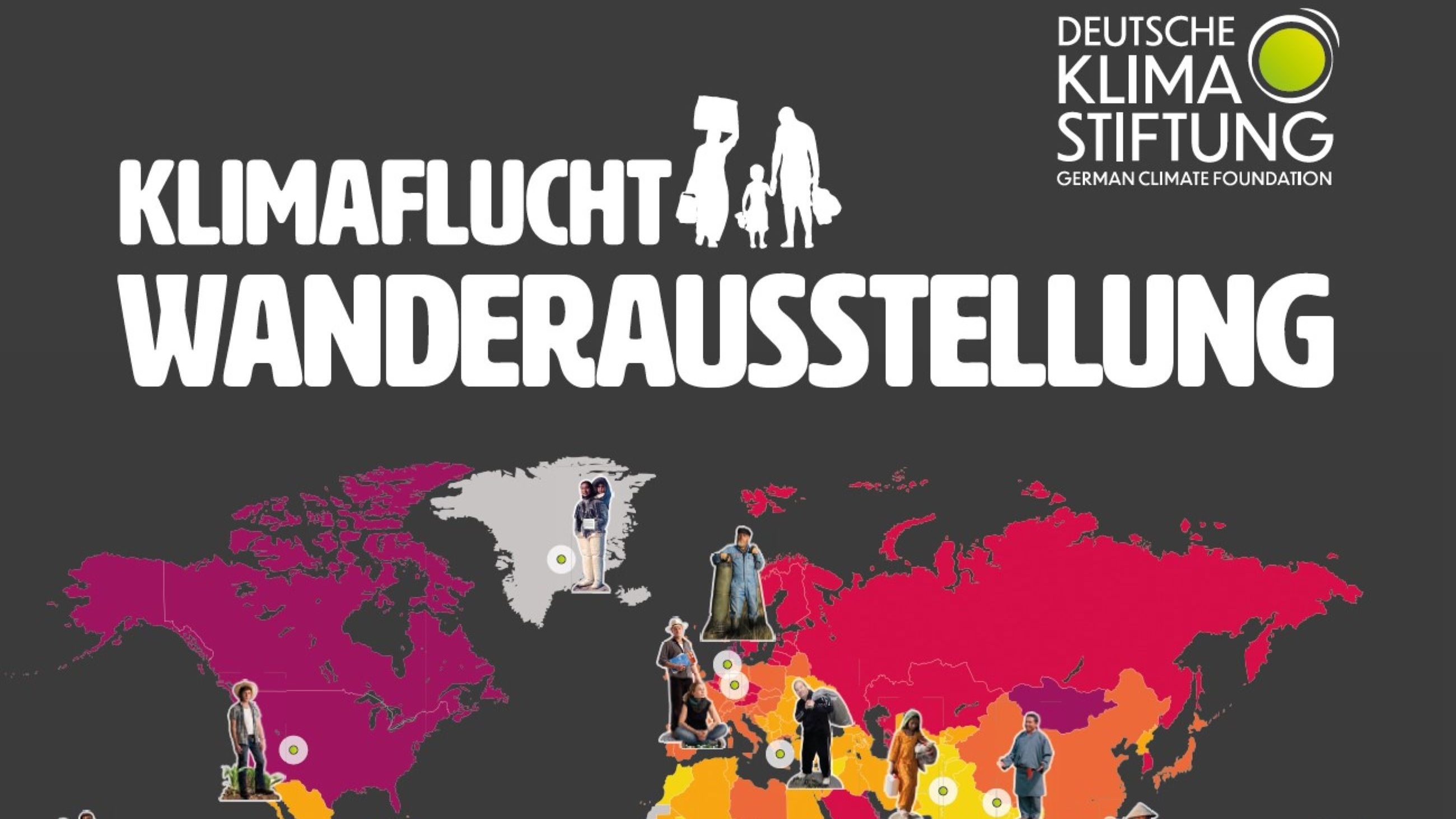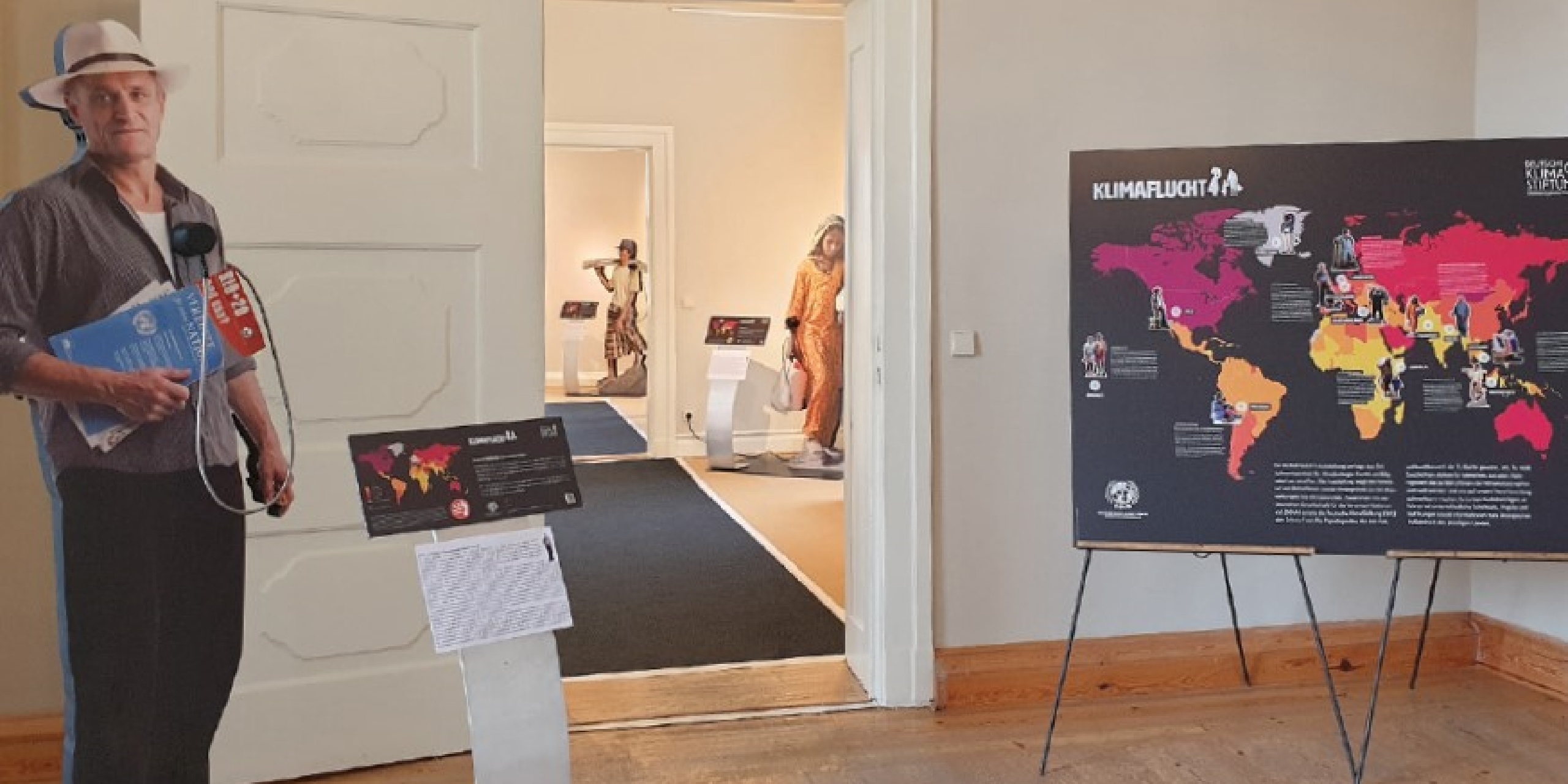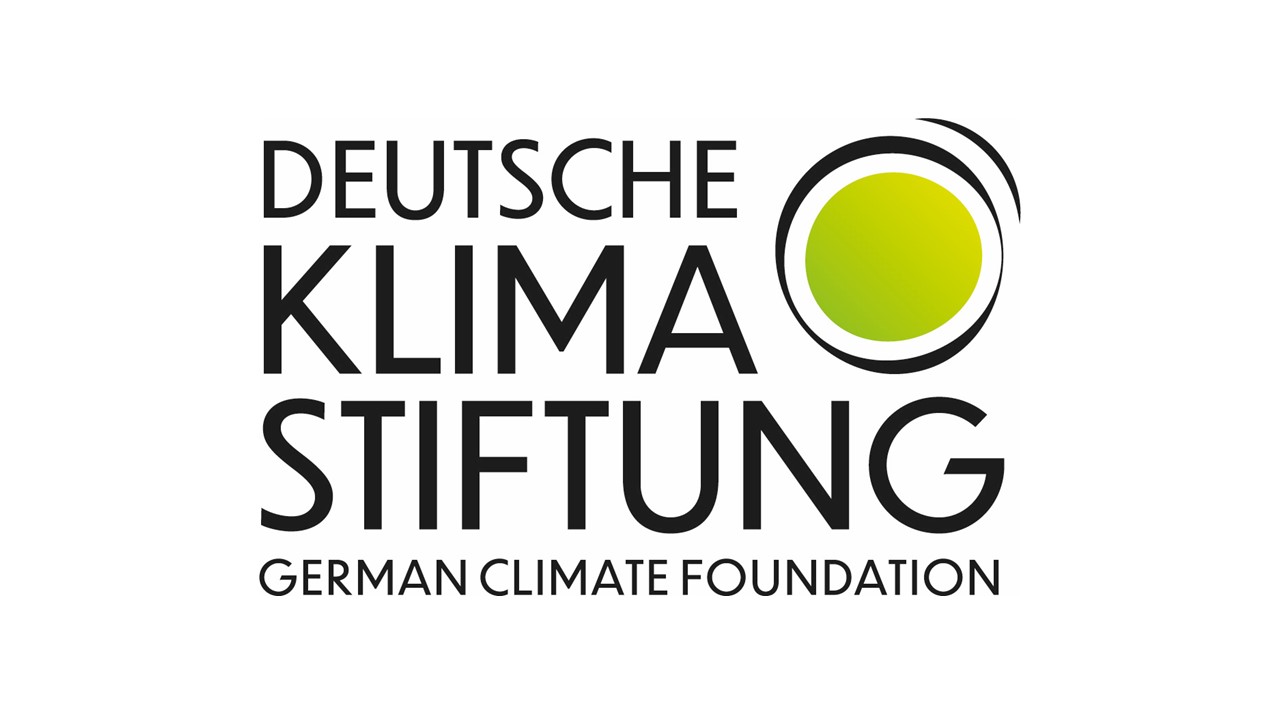.jpg/_jcr_content/renditions/cropped.3_to_1.jpg./cropped.3_to_1.jpg)
How climate change is driving
people to flee
Munich Klimaherbst 2023
Vernissage of the exhibition CLIMATE-INDUCED MIGRATION at the Munich School of Philosophy on 9 October 2023
properties.trackTitle
properties.trackSubtitle
.jpg/_jcr_content/renditions/cropped.16_to_9.jpg./cropped.16_to_9.jpg)
No sustainable peace without climate protection
.jpg/_jcr_content/renditions/cropped.16_to_9.jpg./cropped.16_to_9.jpg)
Where people flee, culture is lost
.jpg/_jcr_content/renditions/cropped.16_to_9.jpg./cropped.16_to_9.jpg)
The question of climate and justice
.jpg/_jcr_content/renditions/cropped.16_to_9.jpg./cropped.16_to_9.jpg)
******************
17 October 2023
Further information about the exhibition
Exhibition venue: Munich School of Philosophy, Kaulbachstraße 31, 80539 Munich
Exhibition period: 9 to 27 October 2023, Monday to Friday from 8:00 to 21:00

Further information about the Klimaherbst 2023
The Münchner Klimaherbst series of events will take place from 6 to 31 October 2023. This year's theme is "Fair enough?" and focuses on climate and justice. Numerous lectures, films, excursions, discussions and much more will take place throughout the city.
Klimaherbst.YOUTH is an additional programme from 6 October to 5 November 2023, aimed at children, young people aged 14 to 30 and teachers.
All events can be found online at www.klimaherbst.de/kalender, in the Klimaherbst.MAGAZINE and in the Klimaherbst.YOUTH folder, which is available in the city or can be ordered.




